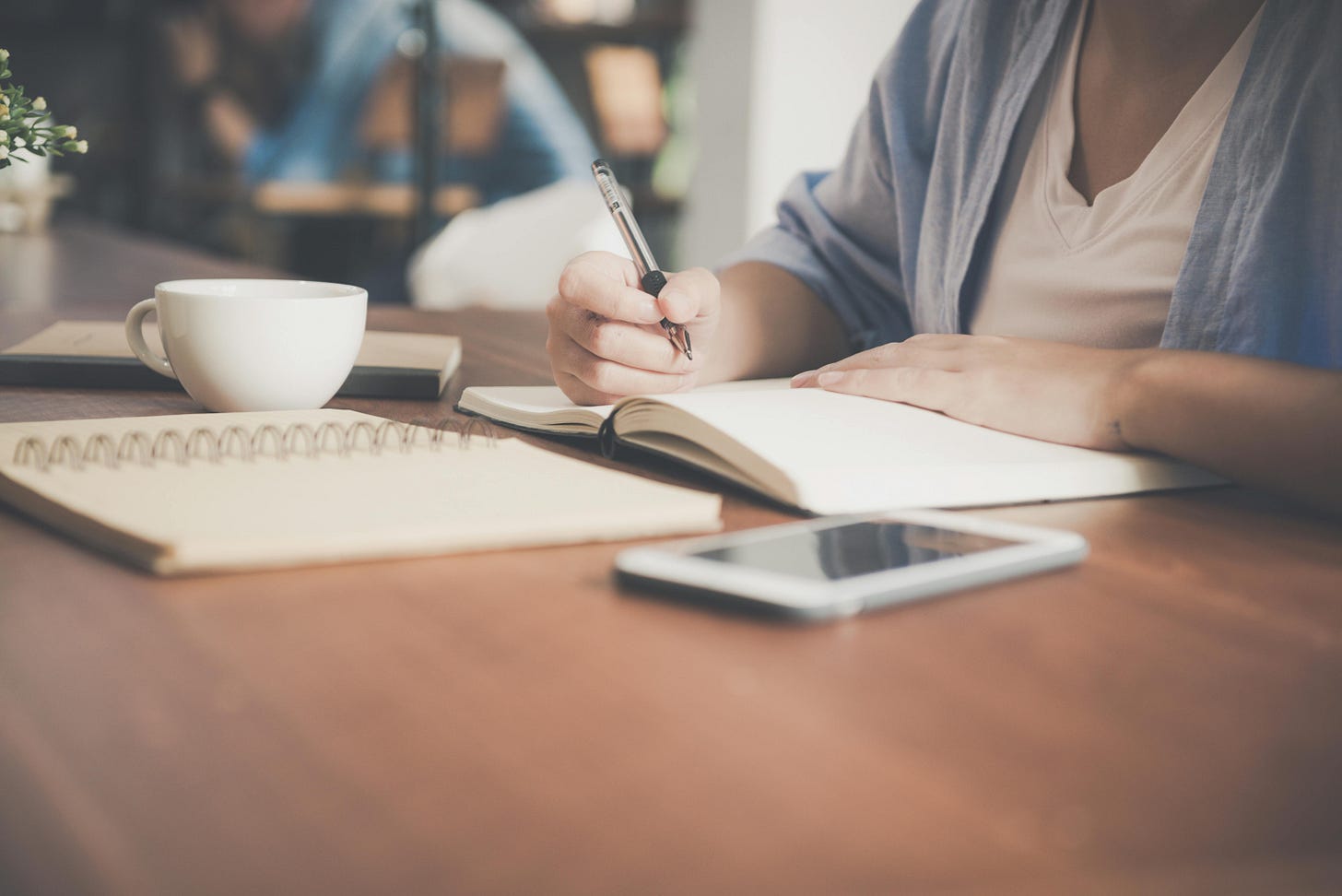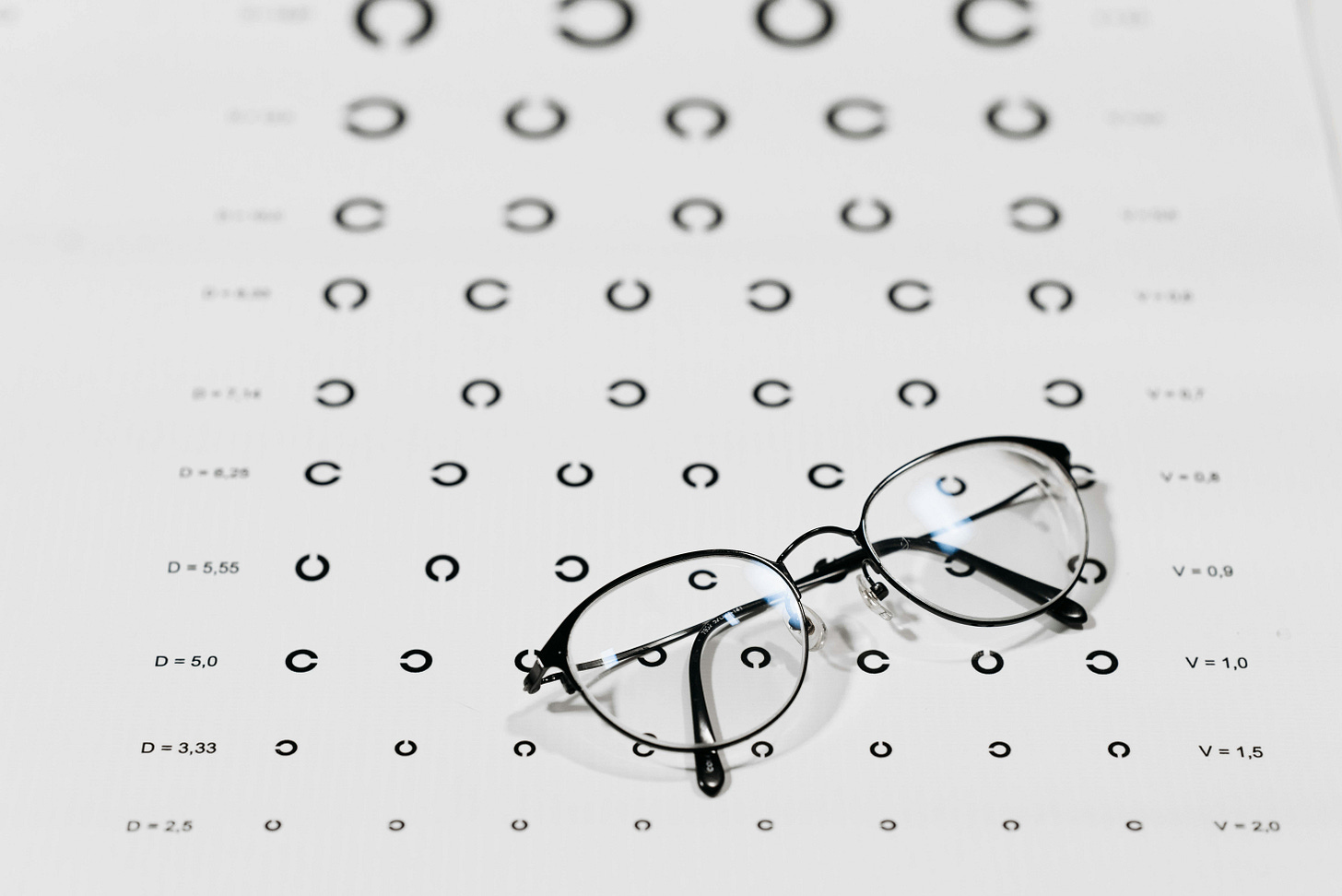I walked a minimum of 10,000 steps a day for 30 days – here is what I found
Over the last month and a half, I have been walking 10,000 steps every single day, and because I live in the UK, I did this through wind, rain or shine…
I want to talk about my experiences, the benefits, challenges and whether or not I’ll be continuing with it for the foreseeable future.
First, let me tell you about the benefits:
Improved sleep
I was always someone who struggled falling asleep – I was not blessed to be one of those people who can fall asleep as soon as their head hits the pillow.
Increasing the duration of raw, unfiltered, daylight exposure helped the quality of my sleep.
The science behind this is the back of the eyes we have retina ganglia cells that sense light. They send signals to the central clock (the part that regulates our circadian rhythm or sleep/wake cycle). Our brain can then figure out when we should be asleep and releases certain hormones like melatonin.
One really important thing to note is that there is a big difference between daylight through a window (100-1000 lux) and when being outside (10,000-20,000 lux).
And yes, you will still benefit from daylight exposure when it is cloudy or raining!
Reduced tiredness/fatigue in the afternoon
I would usually need a nap 1.5-2 hours after eating lunch. Mentally I would feel very foggy, and my concentration would wane. However, this was fixed when I had a short 20-minute nap (which are great btw as they do have many benefits). The issue was that I was reliant on these naps.
Walking for an hour in the afternoon immediately after lunch improves nutrient partitioning (how glucose from food is absorbed by cells), but also, it increases blood circulation around the body, delivering more oxygen to the muscles and brainAgain, the exposure to daylight plays a role in this energy boost. As a result, I am less reliant on having a nap in the afternoon.
Improved mental health/mood
There was a story in the news of a man from Italy who walked 450km during the COVID-19 lockdown in 2020, to “cool off” after an argument from his wife. If that does not show you how walking improves your mood then I have no idea what else will.
When I was working in the NHS, I remember starting work at 7:45am during the winter months, which was before sunrise. I would then finish work at 4:00pm, which was after sunset. Imagine being locked inside a concrete building/hospital all day for 5 days a week and occasionally on a weekend too. I had never been more unhappy. I am well aware that this could have also been due to stress, crazy caseloads, sleep deprivation. I was sick more than I ever had been in my life during those years (this could have also been because of exposure to more germs in a hospital). However, I strongly speculate that it was the fact that I had essentially no daylight exposure during the week. I have found that I do feel happier after an outdoor walk.
Healthier habits
Walking a minimum of 10,000 steps a day helped me to create healthier habits. I would split my daylight exposure time/walking outdoors into 3 parts:
· A morning coffee run (30 minutes)
· An afternoon, post lunch wander (60-90 minutes)
· An early evening/late afternoon (30 minutes)
I would use this time to walk to my partner on the phone, chat to friend (on my phone) or sometimes preferably, I would listen to an educational podcast on audible.
Easier learning/self-development
This brings me onto my next point. Over the last year of having audible, I have listened to dozens of podcasts and audiobooks. I feel like I have learnt so much about the world, business, and science. More interestingly, I have discovered how I learnt best - through movement, audio and visual cues. I was always a hyperactive kid, likely with ADD (undiagnosed) and I struggled to focus in school (maybe you can relate?)
There is this concept called a live memory palace, which is where you walk around and associate different pieces of information to objects and places. Anecdotally, this helped me retain information better. Although, there is limited research between walking and retaining information.
Improved vision (still in progress)
Recently, I discovered EndMyopia – a forum forcused on how to improve your vision naturally. Myopia is a rising issue in the west, especially among children. The increase in screen time has led to decreased outdoor play/daylight exposure and this is thought to cause axial elongation (the eyeball becomes longer), and corresponding increases in myopia.
I am someone who has short sightedness and I noticed that recently my vision was getting a little worse with increased screen time (due to my current occupation as a content creator/aspiring entrepreneur). After researching on my own, listening to Dr Andrew Huberman, and scrolling through the Endmyopia forums, it was clear that the evidence was pretty solid – the light from the sun in combination with a degree of “vision challenge” could indeed slow, and even reverse myopia. But perhaps more importantly, it was essential for overall eye health.
I now aim or at least 2 hours of raw, unfiltered, natural daylight per day and also challenge my long-distance vision. The theory is that over time would improve my vision. The changes are slow so currently my prescription is -1.5 and I hope to decrease 0.25 of a dioptre every 3-4 months. I have already seen some changes as I notice that after 90-120 minutes outside, my vision is clearer and less blurry when trying to read car number plates and signs. I might make an update on this in a few months too.
Now onto the challenges:
It won’t change your physique (much)
The number of times I have had patients in clinic asking me if walking would get them stronger or if it would build muscle… *facepalm*
There is no doubt it could build some endurance as it is a form of very low intensity cardio. However, it will not build muscle since it is not resistance training (unless you walk uphill around with a really heavy backpack, and even then, it is a different kind of strength training). Although technically it can facilitate weight loss as walking 10,000 steps is approximately 400 calories. This of course have to be done in combination with a proper diet.
If any of you are interested in a complete guide to fat loss, then I have actually made loads of YouTube videos on the topic. I’ll leave a link here.
Time inefficient
It takes twice as long to walk a mile as it does to run one. Additionally, not everyone has 1.5-2 hours a day to spare especially when things get busy workwise.
I would still argue that I am less mentally efficient in the afternoon anyway, so I would be listening to a podcast and walking is a better use of my time.
Final Thoughts
The benefits outweigh the drawbacks, relatively significantly. I have seen improvements in my sleep, mood and vision (so far). So, will I be continuing with this as long as I can? Absolutely.












